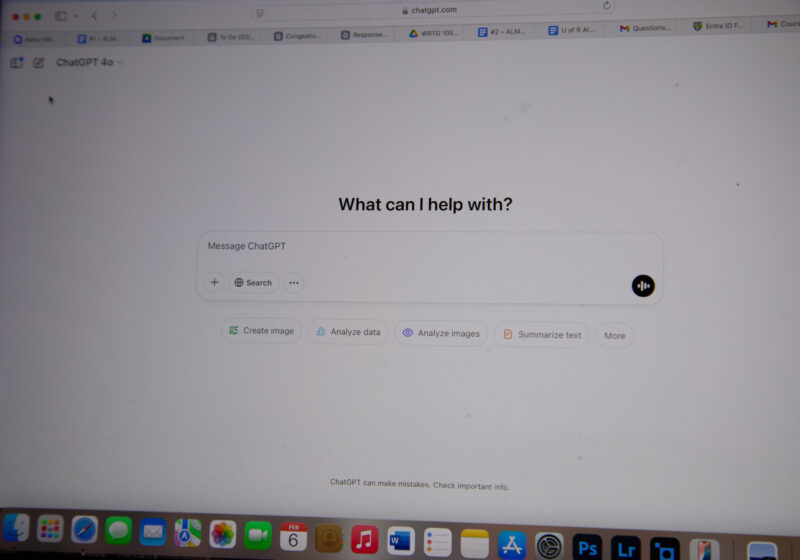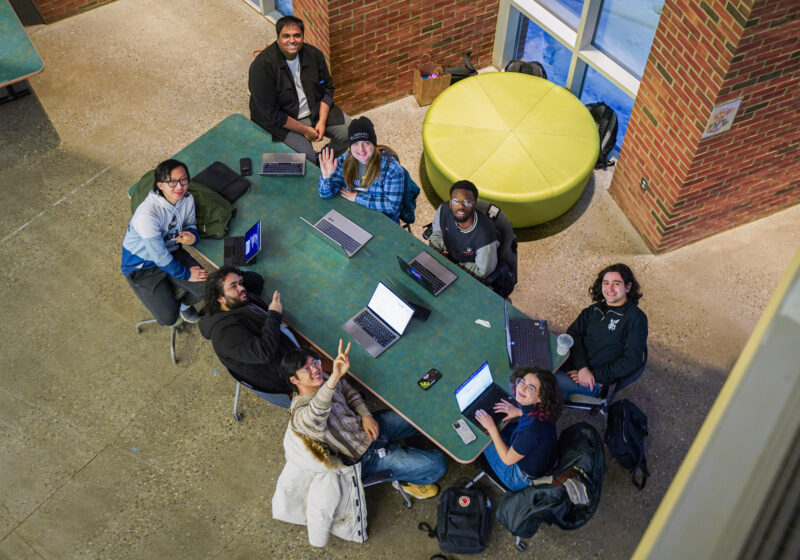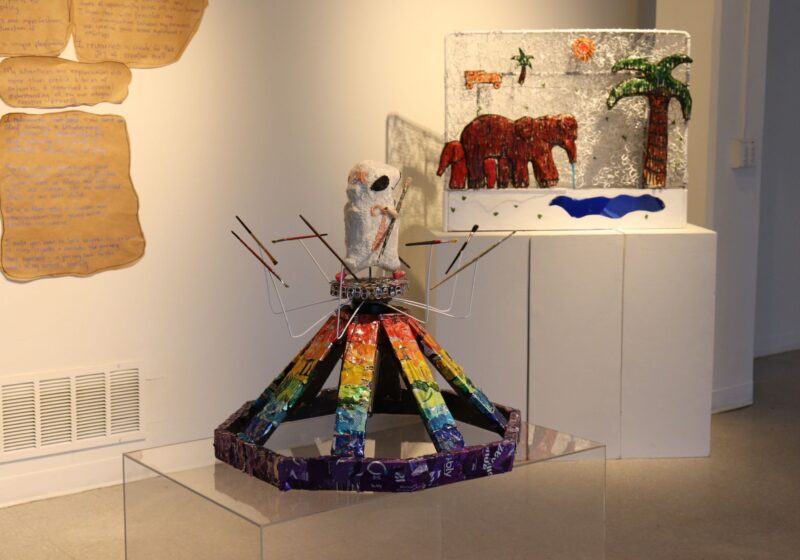As a freshman, one of the things that struck me most at UR was the emphasis placed on getting involved with the surrounding community. This encouragement is needed and well placed. While students are always told to focus on their own success and advancement and to further themselves as individuals, getting involved in the community for the simple pleasure of being connected to the lives around you is rare.
The University, through clubs and other programs, provides plenty of ways to get involved with the Rochester community, but one of the simplest ways to connect to those around us is often missed. University and high school students tend to live in their own bubbles; they are taught to always think with the mindset of an individual, without regard to the “invisible people” that surround them.
By “invisible people,” I am referring to the Dining and Facilities workers, the people who sustain us (literally) and make our everyday possible. We completely miss the opportunity to connect with them and know more about their lives, what their struggles are, what they want from life, how their day, week, and year have been. This is a community we should all be paying attention to and working with. When there are people who do so much for us, so close to us, how is it that most do not care to give them a second thought?
Appreciation, of course, is the first step in trying to connect with the people who work tirelessly around us. UR is on the right track with this one. I have read articles in the Campus Times (like the one by Nina Listro) that talk about their lives, heard talk about students’ love for the workers, and am even personally involved in the planning of UR Stars in Service, an event spearheaded by Alexandria Brown and Margaret Thurston to “recognize the folks who keep this campus clean, nourished, and well run every day” and to showcase “Behind the Apron,” a documentary about dining workers by Sam Hirschhorn.
However, I do think that appreciation, while important, is not enough. We should be connected to the people around us in ways that run deeper and are more substantial. As students, we have certain privileges that the workers do not. We are in a position to have a more balanced conversation with administration, and in the process, highlight the issues that are important to us. But, the issues important to the workers should be important to us as well. Students have a voice that they can use more loudly and with less fear, and this voice should first be directed to helping those closest to us.
The first step to achieving this has to be active conversation. Students should be involved in a dialogue with the workers; we should know what their struggles are, what they need for a better workplace, and find ways in which we can help them. While there are groups on campus dedicated to this, like the labor committee started by Ariel Adelman as a part of Students for a Democratic Society, if the student body as a whole took interest in connecting with the lives around them, we could make a much bigger impact. This committee is currently working on a survey for the dining workers to know what aspects of their jobs they would like to see a change in, and how they currently feel about their positions here at UR.
This is not just about doing something for others, what I am trying to press in this article is that missing the opportunity to connect with people who work so close to us (to make sure we’re comfortable) is ridiculous. Their lives are intertwined with ours, and we should be concerned about them and think about what we can do to make their lives easier. When we treat people as invisible, it takes away a little bit of our humanity, too.



